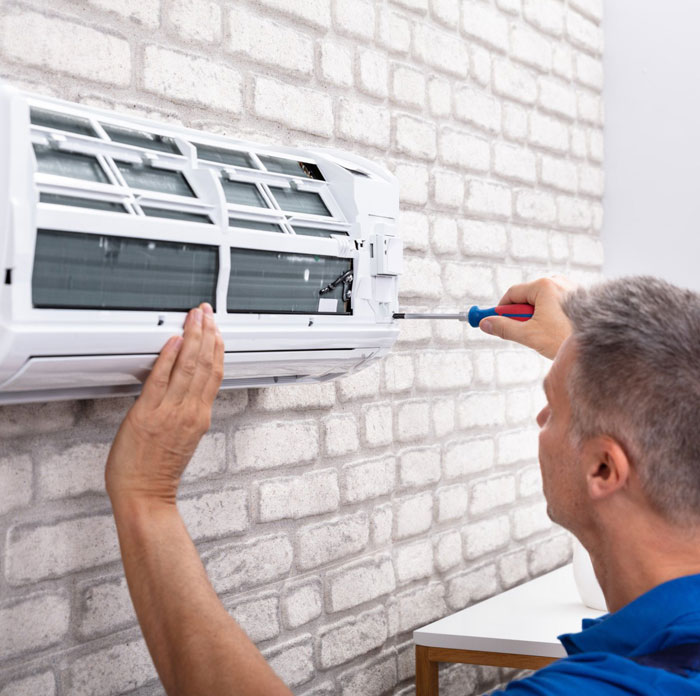What To Do When Your Shower Faucet Leaks Even If It Is Turned Off
We all may have faced such an issue at least once in our lives when the shower faucet keeps leaking even when it is turned off. The faucet may have some worn-out parts that have stopped functioning, or it may be installed incorrectly - there are several reasons for such a mishap. There may be a mineral buildup inside the faucet, or it may also leak due to high water pressure. But what to do if such a thing happens? Before you call a professional Nundah plumber, scroll on!
The consequences of leaked shower faucets
- The bathroom walls may get damaged due to moisture seeping through constantly
- Flooded floors of the bathroom may create fall risks for whoever visits it
- A flooded bathroom creates a terrible impression on the people using it.
- Increased water bills due to enormous waste
- The constant sound of dripping water creates a lot of irritation
What to do if your shower faucet keeps dripping water
Now, the first thing that you can do is inspect the faucet carefully and try to find out what the problem is. Turn off the water supply and take out the shower handle to inspect it carefully. Check the washer for any signs of wear and cracks and replace it if there is. The next thing will be to check the shower arm and wash it well with vinegar and water to get rid of mineral buildup if any. If nothing works, you may have to check the tiles around the faucet for signs of damage.
Is it still dripping? Well, you have to call in an expert Forest Lake plumber to troubleshoot the issue and resolve it as soon as possible. The professional plumber will have the eye to detect the problem in a jiffy and resolve it to save you all the trouble. Hurry! The dripping water may get on your nerves soon!
Labels: Forest Lake Plumber, Nundah Plumber


